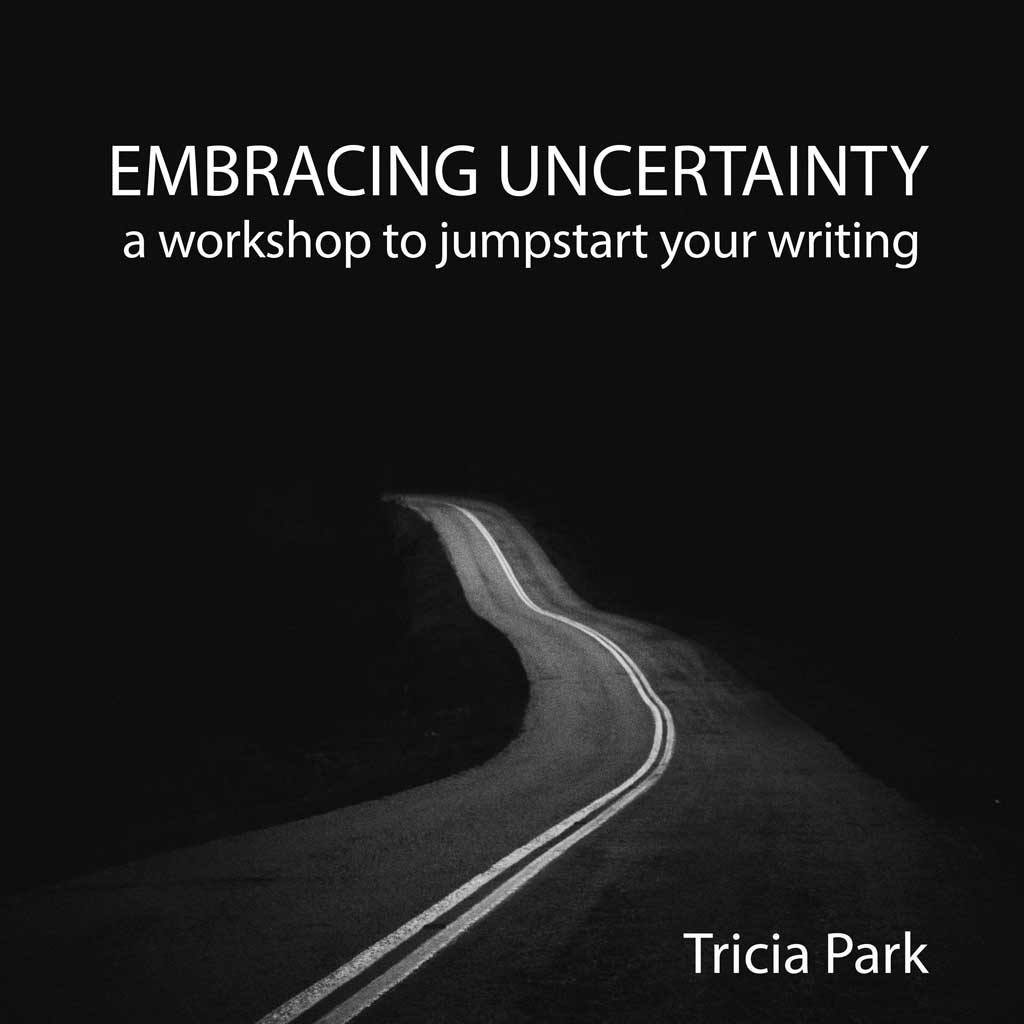Writing About Food and Ourselves
taught by Kristen Martin
for beginner to advanced nonfiction writers
Four weeks
June 7–28
Zoom meetings 5:30–7:30 PM ET on Tuesdays 6/7, 6/14, 6/21, 6/28
Class Limit: 12
$250
POSTPONED
TELL ME WHAT YOU EAT and I will tell you who you are. Food writing most often calls to mind food criticism: reviews that capture and evaluate the experience of a meal. But the best food writing illuminates beyond food’s immediate appeal, providing insight into identity, culture, memory, and place. A sub-genre of food writing that provides that insight is the food-centric personal essay or memoir. In this four-week course, we will read and discuss work by writers like Toni Tipton-Martin, Francis Lam, Michelle Zauner, Mayukh Sen, and Ruth Reichl, and we will use our own memories of food as lenses into exploring ourselves.
Each week, we will meet on Zoom (5:30–7:30 PM EST on Tuesdays) for synchronous discussions of readings and writing exercises. During the last two weeks, participants will have the opportunity to workshop one essay/memoir piece with their peers. Participants will also receive written instructor feedback on one essay/memoir piece.
Week One: The Proustian Madeline—Using Food as a Doorway to Memory
Week Two: Food and Personality
Week Three: Food and Cultural Identity / Workshop Group 1
Week Four: Smorgasbord / Workshop Group 2
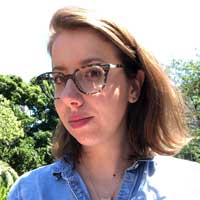 Kristen Martin is working on a narrative nonfiction book that deconstructs myths of American orphanhood for Bold Type Books. Her writing has been published in The New York Times Magazine, The Los Angeles Times, NPR Books, The Baffler, Lapham’s Quarterly, The Believer, Bookforum, and elsewhere. She received an MFA in nonfiction writing from Columbia University and is a graduate of the University of Pennsylvania, and the Università degli Scienze Gastronomiche in Italy, where she was a Fulbright-Casten Family Scholar. She has taught at the University of Pennsylvania, New York University, Columbia University, and CUNY Baruch College, as well as for the Philadelphia literary community Blue Stoop.
Kristen Martin is working on a narrative nonfiction book that deconstructs myths of American orphanhood for Bold Type Books. Her writing has been published in The New York Times Magazine, The Los Angeles Times, NPR Books, The Baffler, Lapham’s Quarterly, The Believer, Bookforum, and elsewhere. She received an MFA in nonfiction writing from Columbia University and is a graduate of the University of Pennsylvania, and the Università degli Scienze Gastronomiche in Italy, where she was a Fulbright-Casten Family Scholar. She has taught at the University of Pennsylvania, New York University, Columbia University, and CUNY Baruch College, as well as for the Philadelphia literary community Blue Stoop.

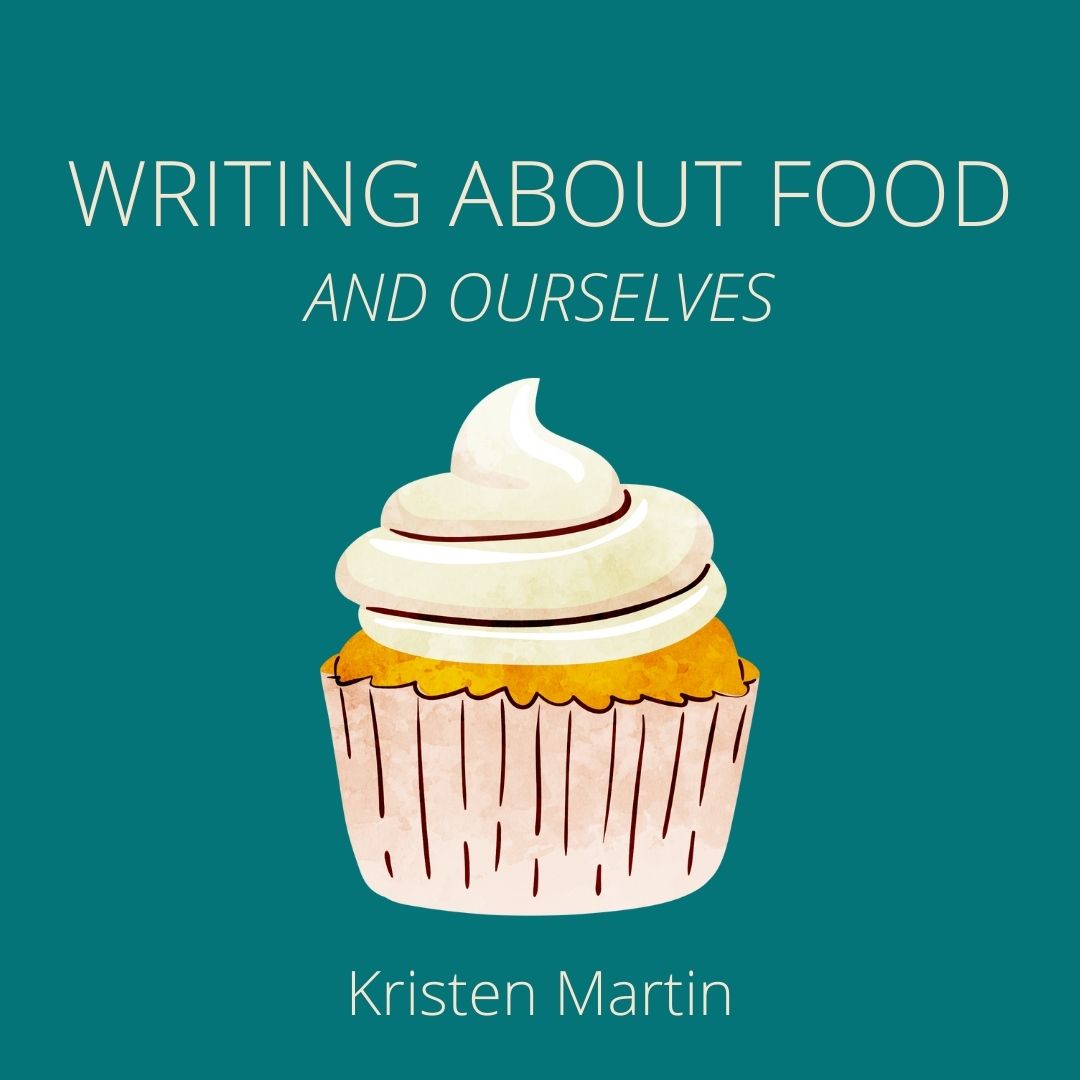
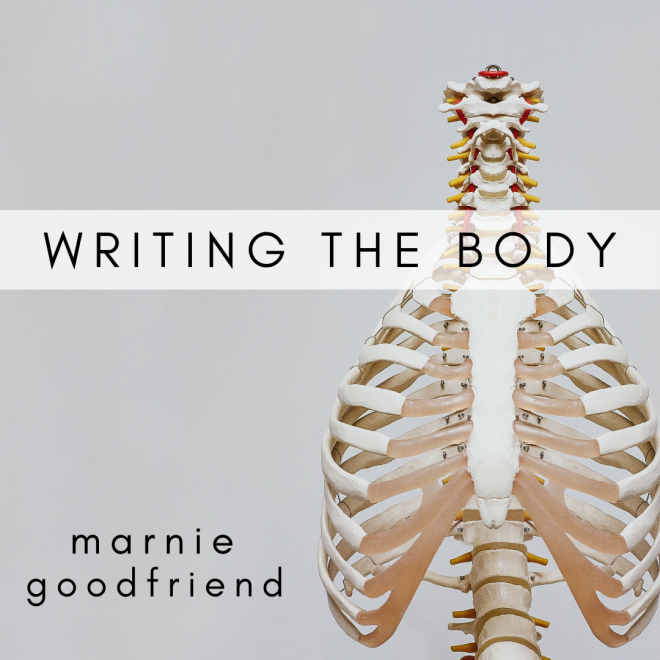
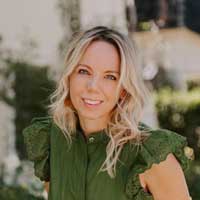 Marnie Goodfriend is a writer, sexual assault advocate, and social practice artist. She is a 2018 VCCA fellow, recipient of the Jane G. Camp scholarship, and a 2016 PEN America fellow. Her advocacy work,
Marnie Goodfriend is a writer, sexual assault advocate, and social practice artist. She is a 2018 VCCA fellow, recipient of the Jane G. Camp scholarship, and a 2016 PEN America fellow. Her advocacy work, 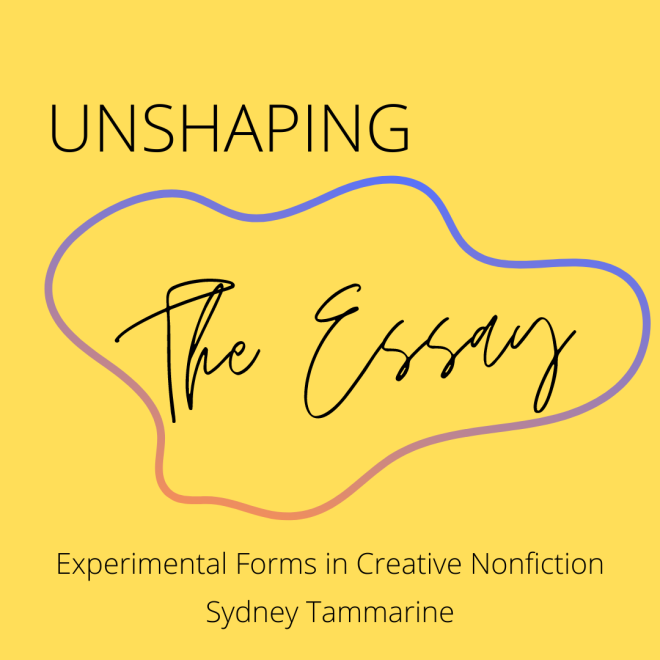
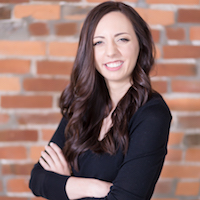 Sydney Tammarine’s work has appeared in Ploughshares, B O D Y, Pithead Chapel, The New School’s LIT, and other journals. Her essay “Blue Hour” was selected as a Notable Essay in The Best American Essays 2021. She is the co-translator of a book of poems, The Most Beautiful Cemetery in Chile. She holds an MFA in Creative Writing from Hollins University and teaches writing at Virginia Military Institute. She has led workshops at The Ohio State University, Hollins University, Otterbein University, and at high schools, including as Writer-in-Residence at Appomattox Regional Governor’s School. She serves as flash and creative nonfiction editor for Cleaver.
Sydney Tammarine’s work has appeared in Ploughshares, B O D Y, Pithead Chapel, The New School’s LIT, and other journals. Her essay “Blue Hour” was selected as a Notable Essay in The Best American Essays 2021. She is the co-translator of a book of poems, The Most Beautiful Cemetery in Chile. She holds an MFA in Creative Writing from Hollins University and teaches writing at Virginia Military Institute. She has led workshops at The Ohio State University, Hollins University, Otterbein University, and at high schools, including as Writer-in-Residence at Appomattox Regional Governor’s School. She serves as flash and creative nonfiction editor for Cleaver.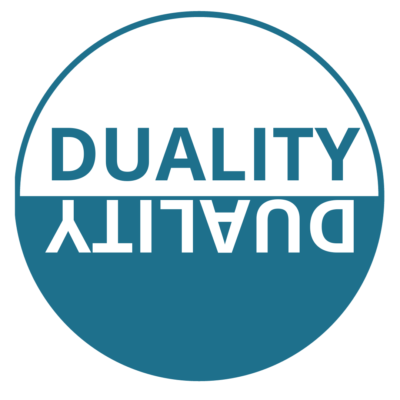
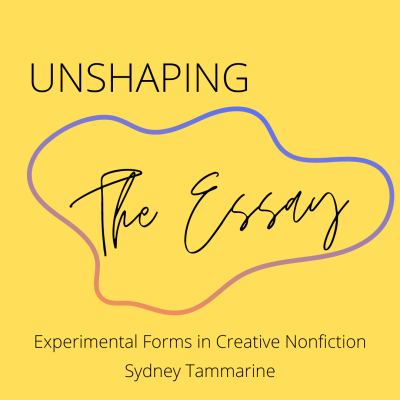
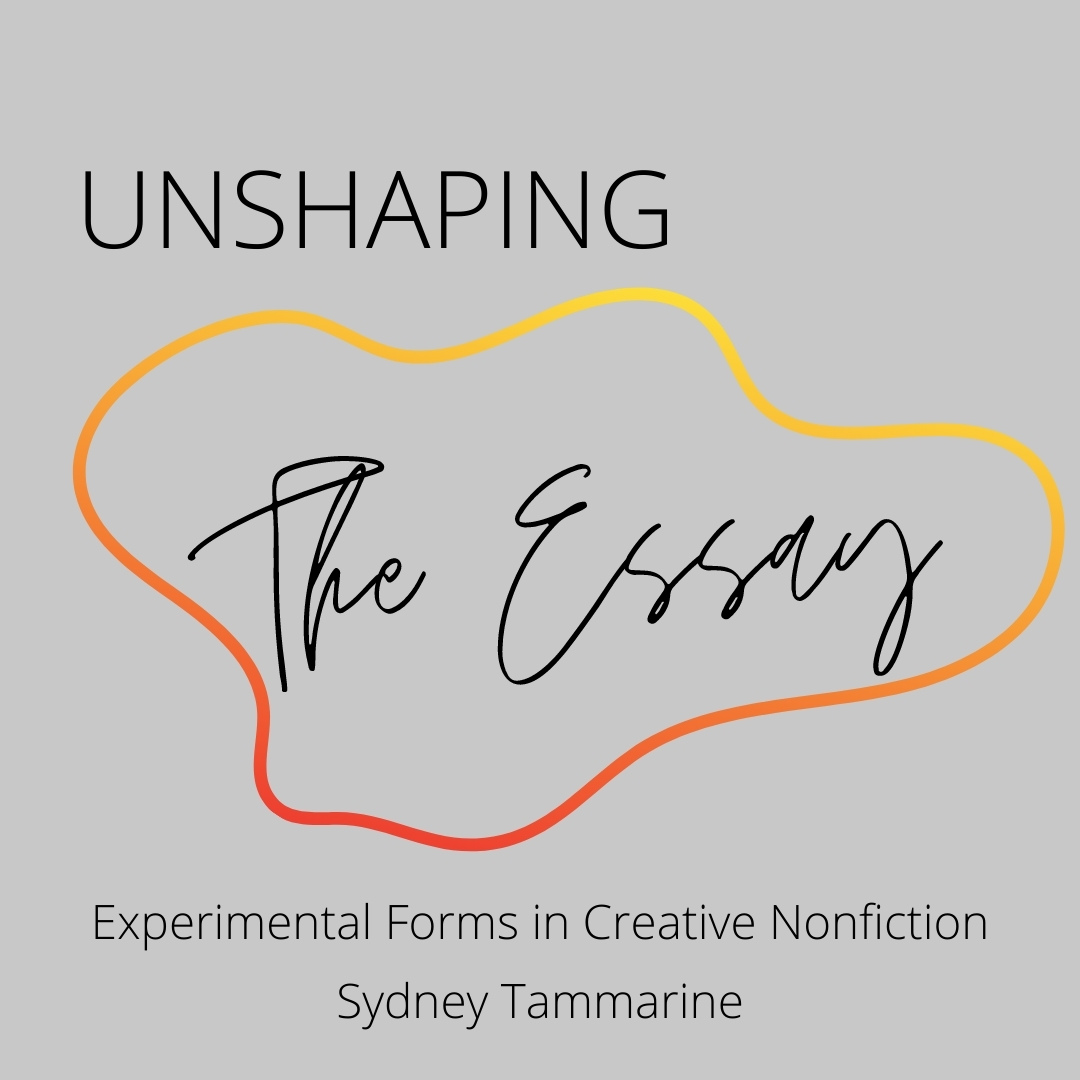
![UNSHAPING THE ESSAY: Experimental Forms, taught by Sydney Tammarine | July 18 – August 14 [SOLD OUT]](https://www.cleavermagazine.com/wp-content/uploads/2021/01/UnShaping-the-Essay.jpg)
![TELLING TRUE STORIES, taught by Sydney Tammarine | May 10 - June 11, 2021 [SOLD OUT]](https://www.cleavermagazine.com/wp-content/uploads/2021/01/Telling-True-Stories-400x400.jpg)
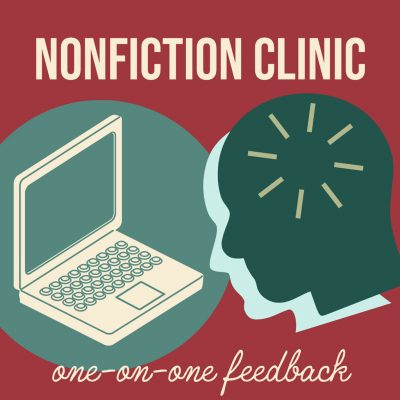
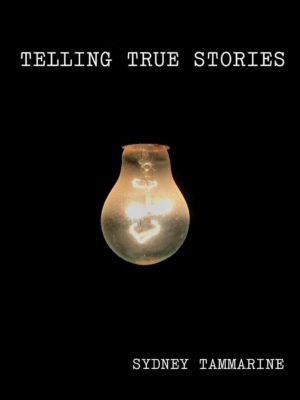
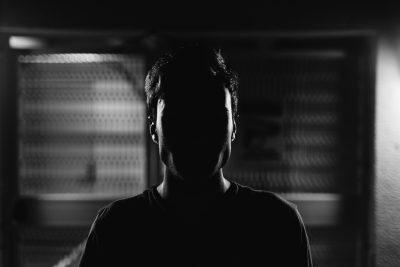
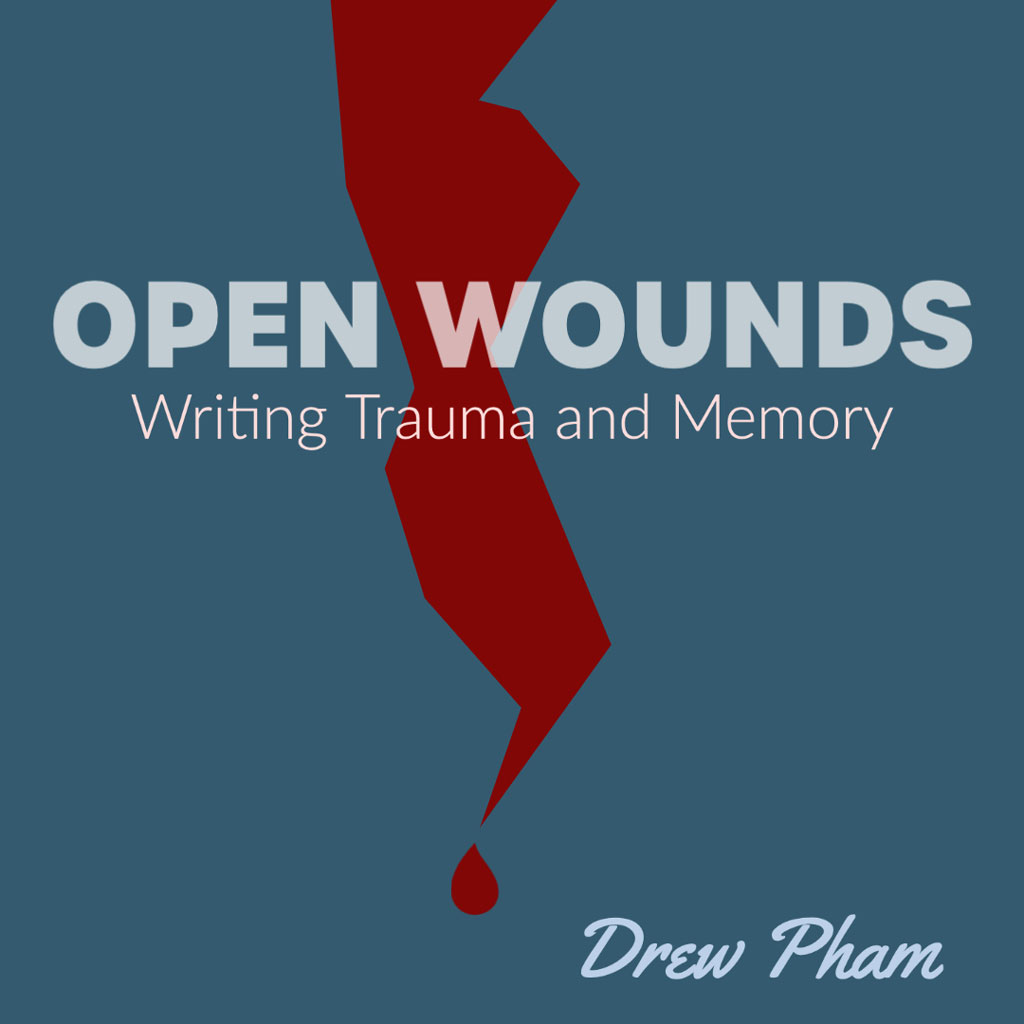
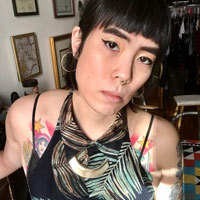 Drew Pham is a queer, transgender writer of Vietnamese heritage. A child of war refugees, her work centers on legacies of violence in times of conflict. She has published in Blunderbuss Magazine, McSweeny’s, Slice Magazine, Foreign Policy, Time Magazine, The Daily Beast, and Columbia Journal, among others. She lives with her two cats in Brooklyn, NY, and she serves as an adjunct English lecturer at CUNY Brooklyn College.
Drew Pham is a queer, transgender writer of Vietnamese heritage. A child of war refugees, her work centers on legacies of violence in times of conflict. She has published in Blunderbuss Magazine, McSweeny’s, Slice Magazine, Foreign Policy, Time Magazine, The Daily Beast, and Columbia Journal, among others. She lives with her two cats in Brooklyn, NY, and she serves as an adjunct English lecturer at CUNY Brooklyn College.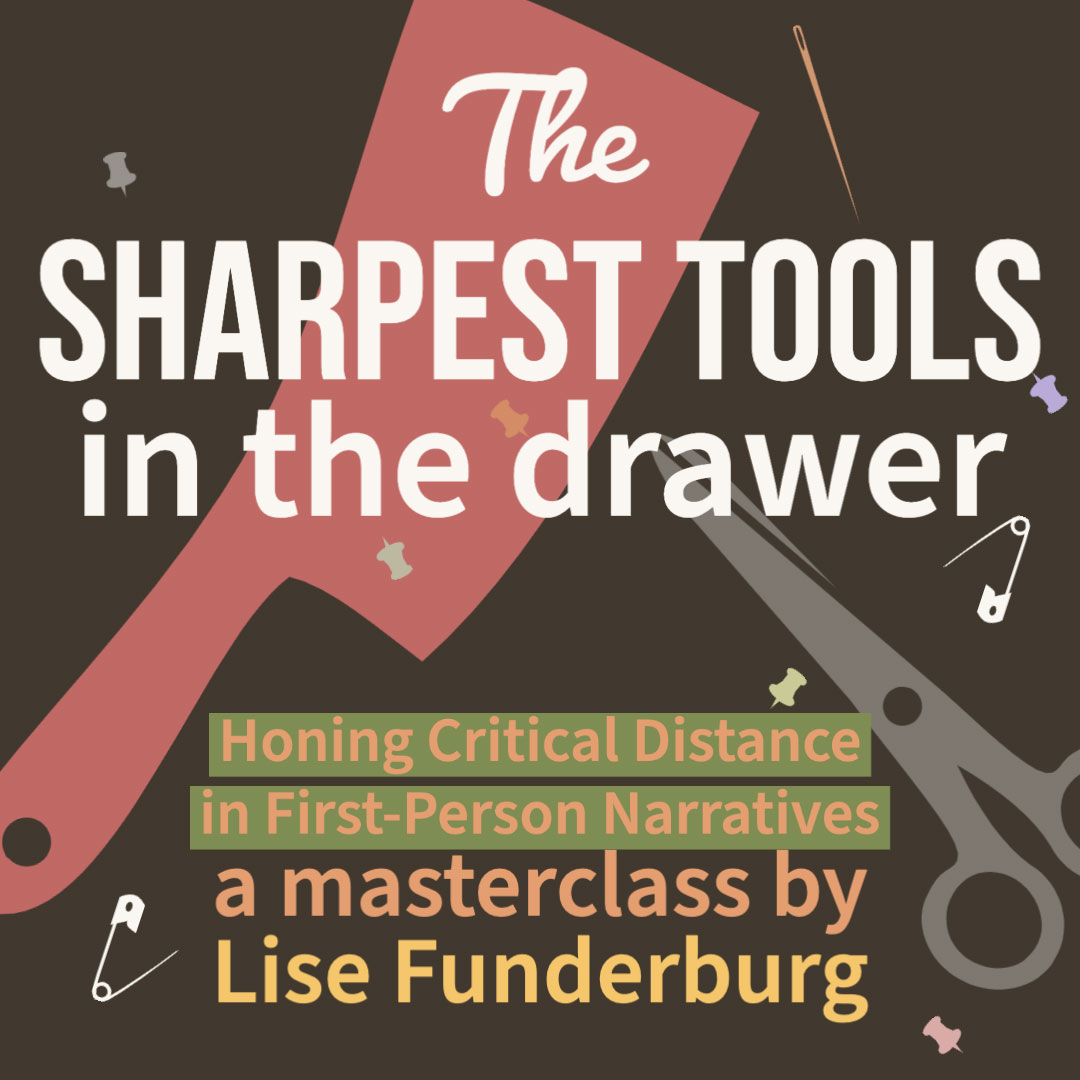

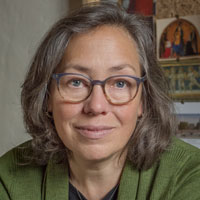 Lise Funderburg’s latest book is Apple, Tree: Writers on Their Parents, a collection of all-new work by twenty-five writers, which Publishers Weekly deemed a “sparkling anthology” in its starred review. Previous books include the memoir, Pig Candy: Taking My Father South, Taking My Father Home, and the recently reissued collection of oral histories, Black, White, Other: Biracial Americans Talk About Race and Identity. Her work has been published in the New York Times, TIME, the Philadelphia Inquirer, The Nation, MORE, Chattahoochee Review, Oprah Magazine, and Prevention. Lise has been awarded residencies at the Civitella Ranieri Foundation, MacDowell, Thurber House, and Blue Mountain, among others, and she won a Nonfiction Fellowship from the Pennsylvania Council on the Arts. She teaches creative writing at the University of Pennsylvania and teaches at the Paris Writers’ Workshop.
Lise Funderburg’s latest book is Apple, Tree: Writers on Their Parents, a collection of all-new work by twenty-five writers, which Publishers Weekly deemed a “sparkling anthology” in its starred review. Previous books include the memoir, Pig Candy: Taking My Father South, Taking My Father Home, and the recently reissued collection of oral histories, Black, White, Other: Biracial Americans Talk About Race and Identity. Her work has been published in the New York Times, TIME, the Philadelphia Inquirer, The Nation, MORE, Chattahoochee Review, Oprah Magazine, and Prevention. Lise has been awarded residencies at the Civitella Ranieri Foundation, MacDowell, Thurber House, and Blue Mountain, among others, and she won a Nonfiction Fellowship from the Pennsylvania Council on the Arts. She teaches creative writing at the University of Pennsylvania and teaches at the Paris Writers’ Workshop.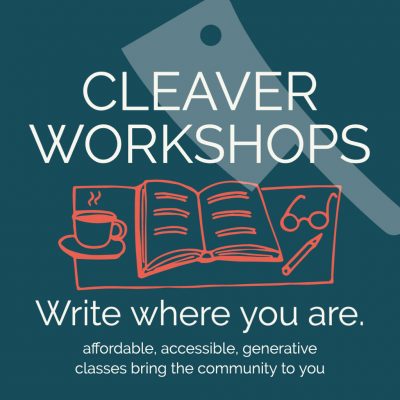
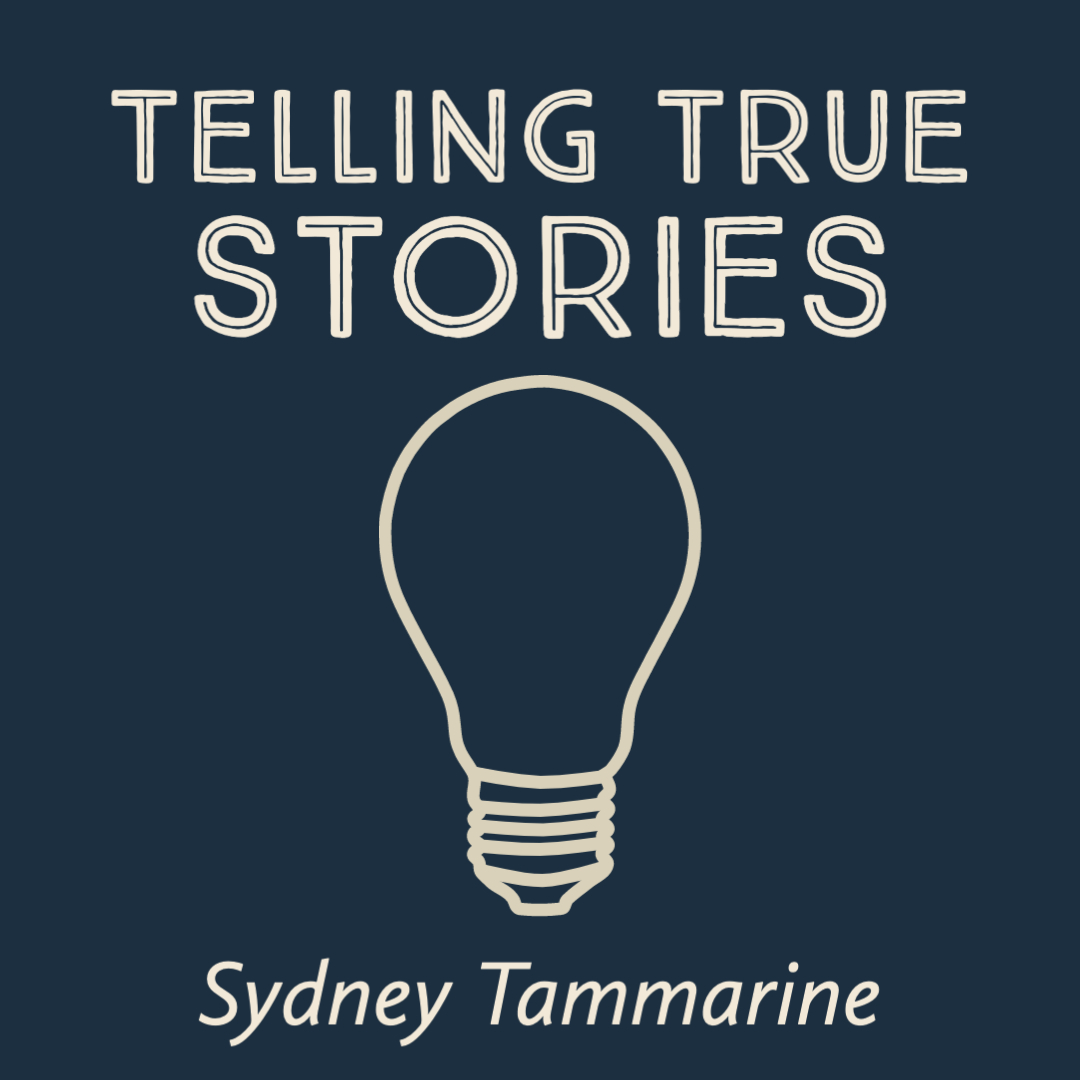
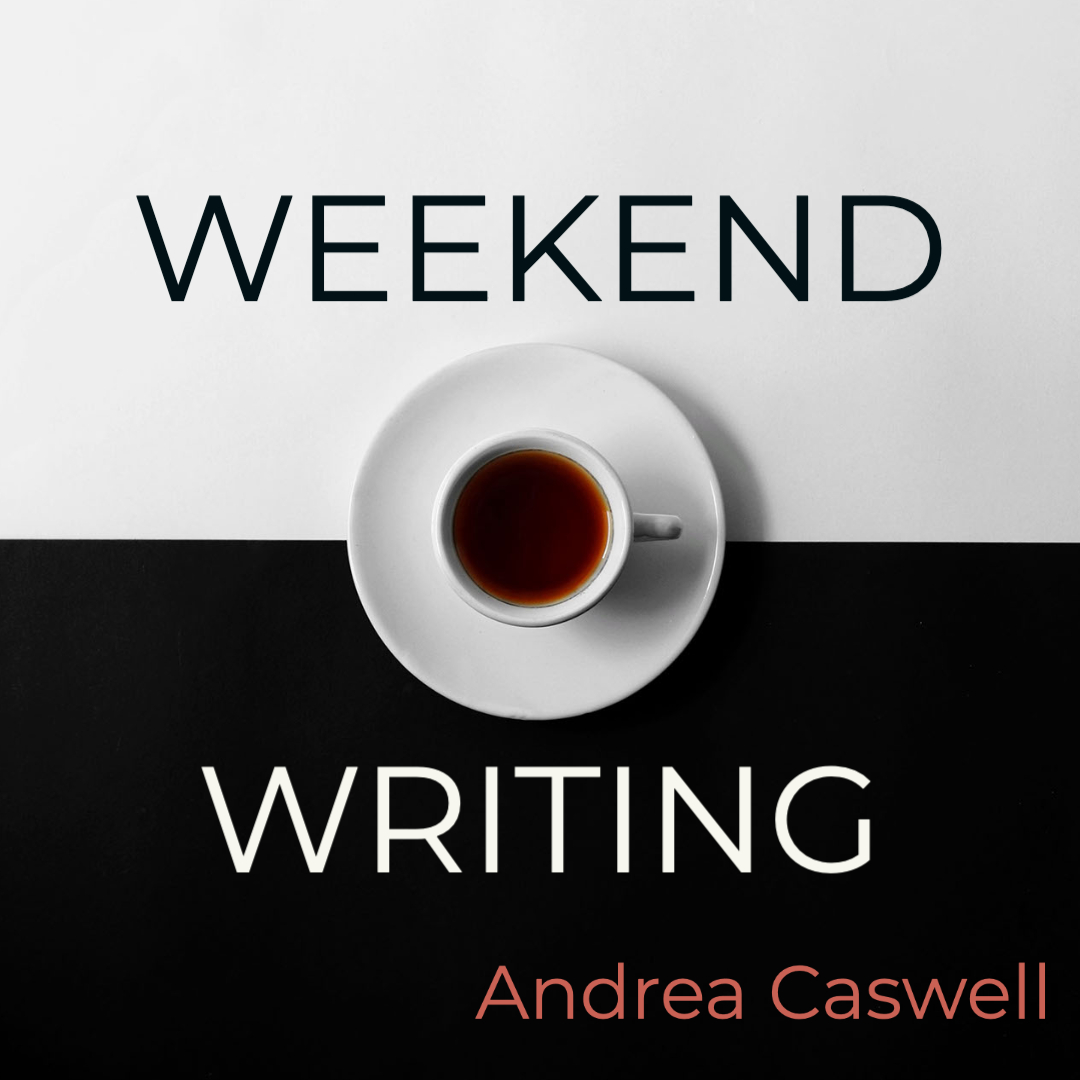
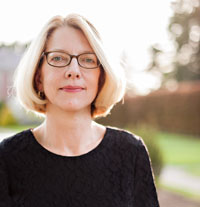
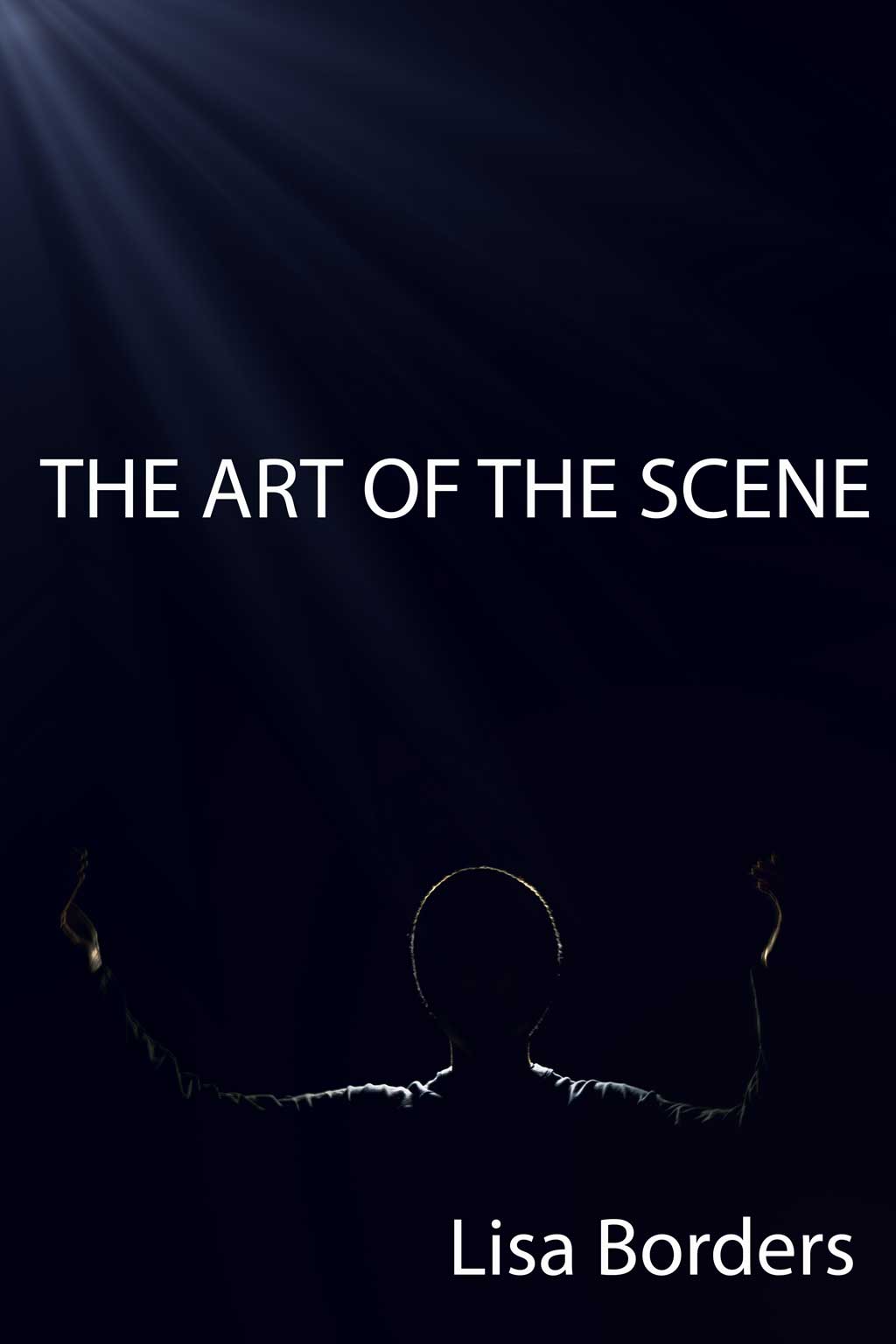
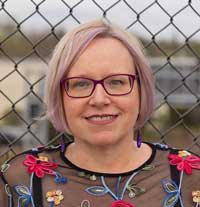
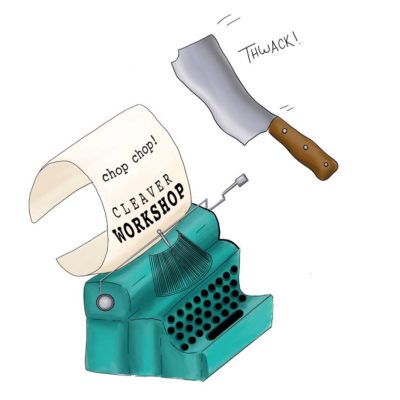


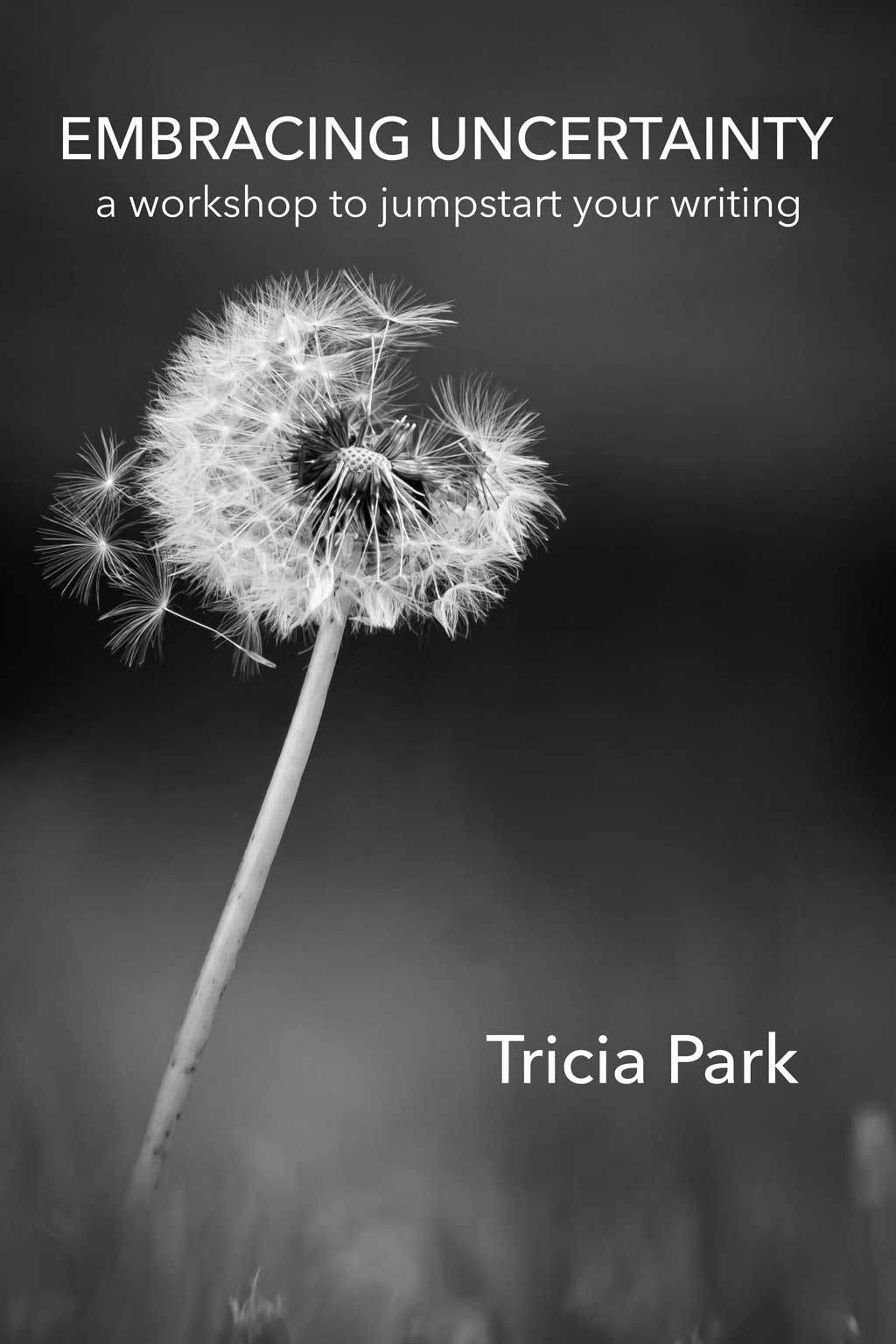
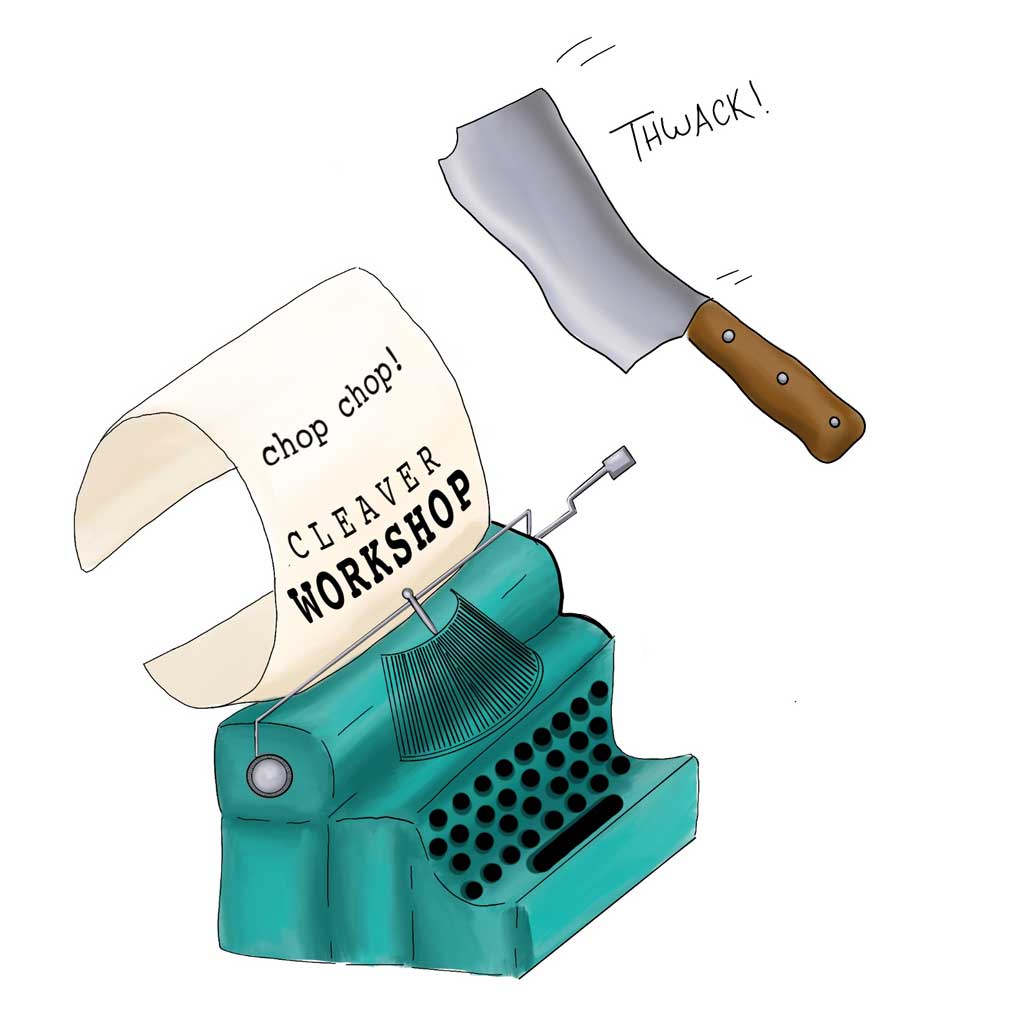
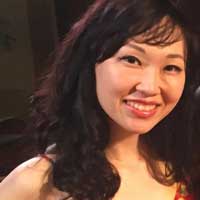
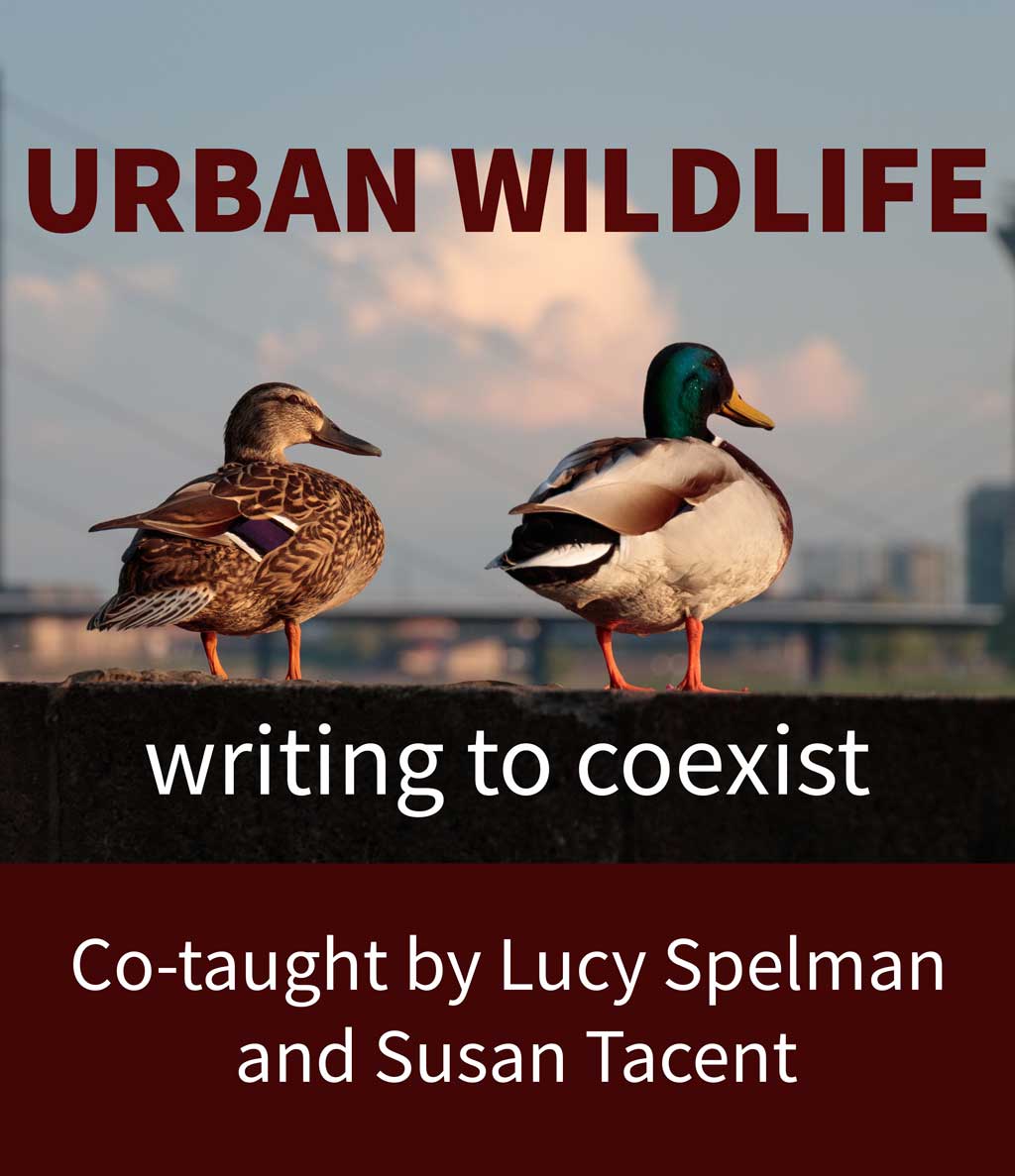
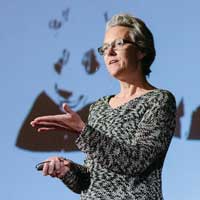 Lucy Spelman is a board-certified zoo and wildlife veterinarian with degrees from Brown University and the University of California at Davis. During her tenure as the first woman and youngest person to head the Smithsonian’s National Zoo, she brought two giant pandas to the US from China and launched a major renovation plan. She worked as a consultant for Animal Planet before moving to central Africa to run the field program for the Gorilla Doctors. Inspired by the many connections between the arts and sciences, she began teaching biology to students at the
Lucy Spelman is a board-certified zoo and wildlife veterinarian with degrees from Brown University and the University of California at Davis. During her tenure as the first woman and youngest person to head the Smithsonian’s National Zoo, she brought two giant pandas to the US from China and launched a major renovation plan. She worked as a consultant for Animal Planet before moving to central Africa to run the field program for the Gorilla Doctors. Inspired by the many connections between the arts and sciences, she began teaching biology to students at the 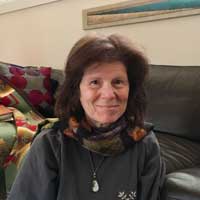
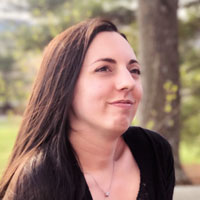 Sydney Tammarine’s work has appeared in Ploughshares, LIT, Pithead Chapel, The Missing Slate, and other journals. She is the co-translator of a book of poems, The Most Beautiful Cemetery in Chile. She holds an MFA in Creative Writing from Hollins University and teaches writing at Virginia Military Institute. She has led workshops at The Ohio State University, Hollins University, Otterbein University, and at high schools, including as Writer-in-Residence at Appomattox Regional Governor’s School. She serves as flash and creative nonfiction editor for Cleaver.
Sydney Tammarine’s work has appeared in Ploughshares, LIT, Pithead Chapel, The Missing Slate, and other journals. She is the co-translator of a book of poems, The Most Beautiful Cemetery in Chile. She holds an MFA in Creative Writing from Hollins University and teaches writing at Virginia Military Institute. She has led workshops at The Ohio State University, Hollins University, Otterbein University, and at high schools, including as Writer-in-Residence at Appomattox Regional Governor’s School. She serves as flash and creative nonfiction editor for Cleaver.